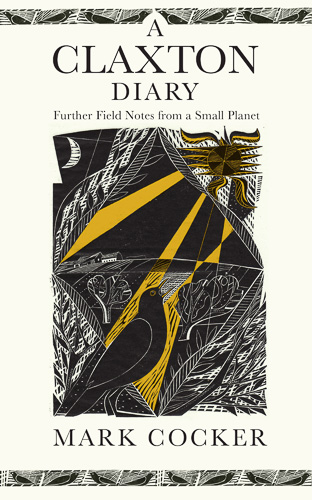
In the introduction to this extremely enjoyable collection, Mark Cocker considers how modern nature writing tends to avoid the somewhat old-fashioned approach of providing simple descriptions of encounters with wildlife. Descriptions are fine, but insufficient. Modern nature writers feel almost duty-bound to include some human element in their stories, describing, for example, how the encounters propelled the author along some narrative arc, or how they provide yet another example of our species’ disastrous impact on the natural world. Oh dear! muses Cocker. He has no problem with the modern approach, but realises his latest collection adopts a more old-fashioned style, sticking mainly to simple descriptions of what the author saw, celebrating the intimacy of the encounters.
I very much enjoy modern nature writing, but I also enjoy this more old-fashioned approach. There has to be a place for celebrating wildlife simply for being wildlife. Not everything has to be about us. Which is perhaps the main reason I so much enjoyed Cocker’s previous collection in this genre, Claxton: field notes from a small planet.
Like its predecessor, A Claxton Diary: further field notes from a small planet comprises a large collection of short articles, the majority of which are taken from Cocker’s entries in the Guardian’s long-running Country Diary column. Most of the articles are set in and around Cocker’s home in Claxton, Norfolk. Once again, the articles are arranged in day-of-the-year order, irrespective of the year in which they were written. This gives the collection more of a flow, as we pass through the seasons of an amalgamated year.
Most of the dated articles are just three- or four-hundred words long, describing a single encounter or thought before moving on to the next. I love the diary format. It’s comforting somehow. Something to savour; to dip into whenever you have a few spare moments, rather than rushing through as if following some narrative trajectory. It’s a format close to my own heart.
As with its predecessor, I thoroughly enjoyed this wonderful book.
A must-read for all lovers of traditional nature writing.
- Buy this book from Bookshop.org (UK) and help tax-paying, independent bookshops.
- Buy this book from Amazon.co.uk
- Buy this book from Amazon.com
Leave a Reply